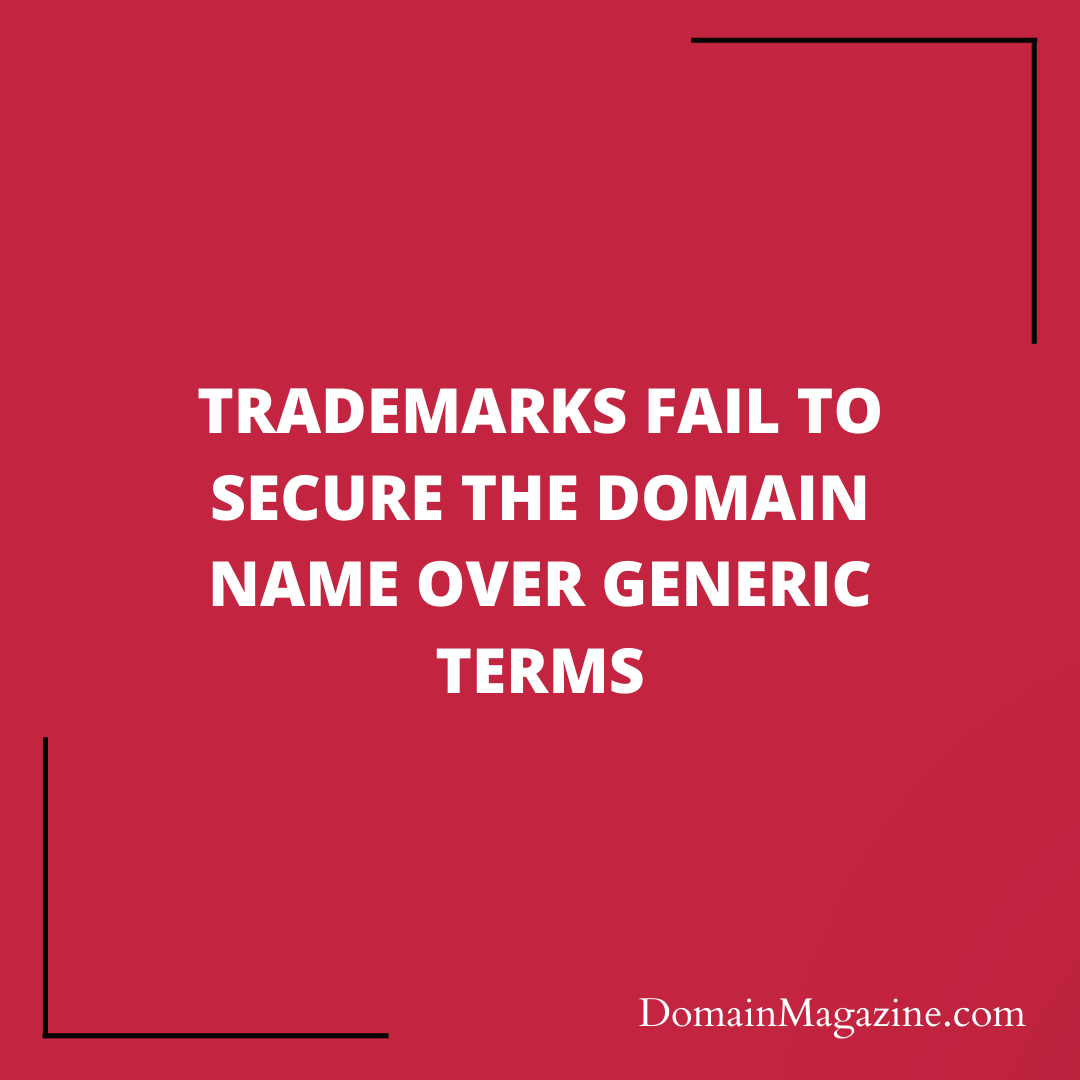In the ever-evolving world of internet domains and trademarks, disputes often arise over ownership and usage. One recent case that caught our attention involves the domain name AltaLaval.org. This dispute centers around a clash between a well-established trademark and a seemingly generic term. Join us as we delve into the background, key facts, and the panel’s decision in this intriguing case.

Background:
In this corner, we have the Complainant, a venerable Swedish company founded back in 1883, known as Alfa-Laval AB since 1963. Over the years, they’ve amassed a plethora of trademarks worldwide for “ALFA LAVAL,” with registrations dating back to 1897 in Sweden and as recent as 2005 in the European Union. On the other side of the ring, we have the Respondent, an IT services provider based in Quebec, Canada, who registered the disputed domain AltaLaval.org in March 2023.
Key Facts:
- The Complainant’s trademark history spans well over a century, while the Respondent recently acquired the domain.
- The disputed domain, AltaLaval.org, currently does not lead to an active website.
- The Complainant insists that the Respondent’s use of “Alta Laval” infringes on their exclusive trademark rights.
- The Respondent claims to have registered the domain for a non-profit organization called ALTA Laval, providing transportation services for handicapped individuals in Quebec, Canada.
Panel’s Decision:
Mr. Warwick A. Rothnie, the panelist overseeing this case, had a tough call to make. On one hand, a quick internet search reveals the Complainant’s global presence, but it also uncovers an organization in Quebec, Canada, called Association Lavalloise pour le Transport Adapté (ALTA) that seems to be using “Alta Laval” in its domain name <altalaval.ca>. This non-profit organization, founded in 1987, advocates for the rights of handicapped transport users.
While the Complainant argued that this could be a ruse, the Panel found that there were factual indicators of the existence of both the place “Laval” in Quebec and the non-profit organization with a legitimate interest in using “Alta Laval.” The Respondent’s claim to register the domain on behalf of this organization seemed plausible. Thus, the Panel concluded that the Complainant failed to prove that the Respondent lacked rights or legitimate interests in AltaLaval.org.
Conclusion:
In this case, the clash between a well-established trademark and a seemingly generic term raises important questions about the rights of trademark owners in the digital realm. While protecting intellectual property is crucial, the Panel’s decision reminds us that generic terms may have legitimate uses, even if they resemble established trademarks.
This case serves as a valuable lesson for both trademark holders and domain registrants. Trademark owners must carefully consider the context and rights of others when pursuing domain disputes. At the same time, those registering domains should be prepared to provide evidence of their legitimate interests, especially when dealing with seemingly generic terms.
In the dynamic world of online domains and trademarks, this case reminds us that finding a fair balance between protection and innovation remains an ongoing challenge.
Read here: https://www.wipo.int/amc/en/domains/decisions/pdf/2023/d2023-1972.pdf


Join the Discussion